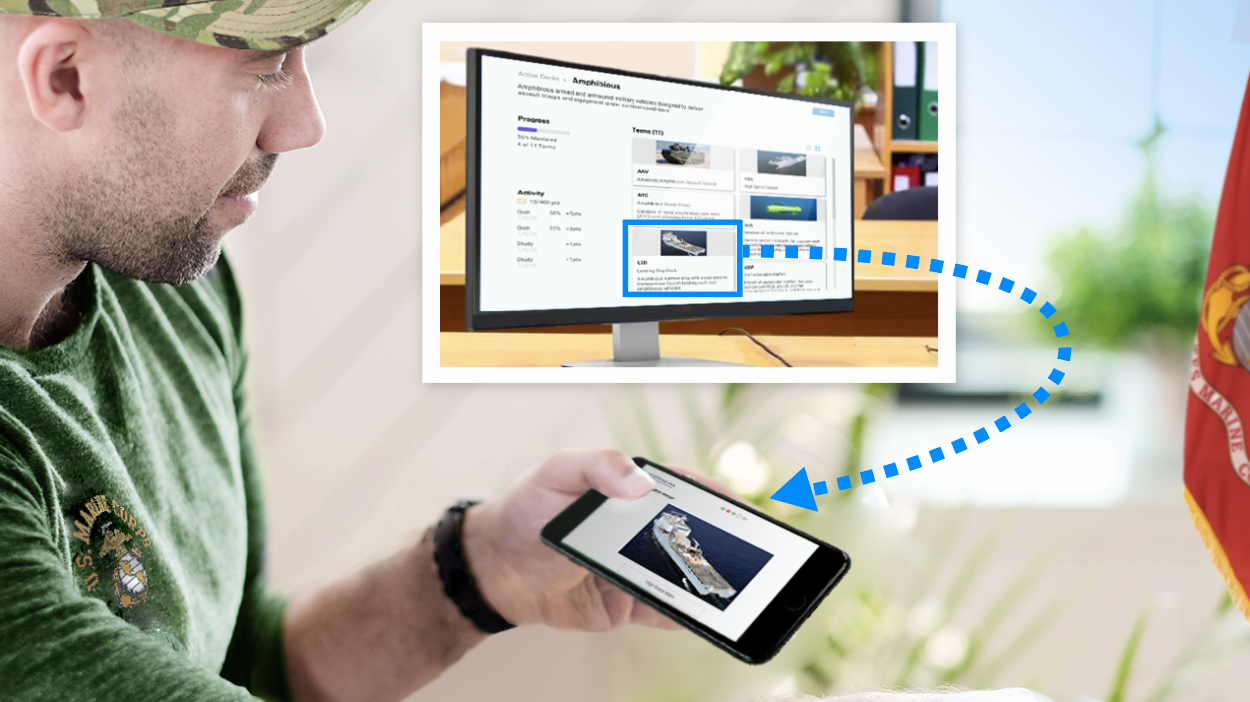The Small Business Innovation Research (SBIR) program awarded Charles River Analytics a ~$1.9 million contract to create a logistical intelligence platform that integrates available supply and consumption information for units on the frontline to provide an accurate picture of ammunition availability and force readiness. The SBIR award will be supported by the US Army’s Joint Program Executive Office Armaments & Ammunition (JPEO A&A) and Program Executive Office Command Control Communication Tactical (PEO C3T) who are providing technical oversight over the creation of the platform.
Commanders require accurate information about the disposition of ammunition to evaluate operational readiness and maximize mission success. Logistics planners need reliable estimates ammunition status data to plan when to resupply tanks. However, disparate information exists about the quantity and location of ammunition and what needs to be resupplied. Artificial intelligence (AI) could assist, but applying AI solutions in remote operational environments lacking data connectivity is challenging.
Charles River Analytics is tackling this challenge with a real-time combat logistics platform named Knowledge-based Ammunition Logistics (KAML). The KAML platform will estimate not only ammunition consumption but also resupply needs by integrating data from various Army sources. KAML’s models, powered by AI, make accurate predictions by using all available information—including data about ammunition usage from prior engagements, training exercises, or simulations—along with Charles River’s probabilistic reasoning framework to account for uncertain or delayed information due to low bandwidth and/or disconnected operations.
KAML bridges the gap between uncertain information and accurate predictions and provides the Army with accurate situational awareness—even in the face of missing and uncertain information that occurs in austere environments—by leveraging the information that is available to fill in the blanks.

“We can feed historical consumption and supply data backward through the probabilistic model to update its weights,” said Steve Hookway, Senior Software Engineer at Charles River Analytics and Principal Investigator on the KAML effort. He added, “In the future, we can make better predictions about how much ammunition will be used, given the current state.” KAML maximizes combat readiness by providing commanders and logistics planners with an accurate picture of the current ammunition status and projected consumption.
KAML employs multiple capabilities that Charles River has developed and matured, including Scruff™, our probabilistic reasoning framework to fill in information gaps, and the KWYN™ AI platform, to integrate and reason with available supply and consumption information. The KWYN platform provides a faster and more economical way to develop open-architecture AI-based intelligent adaptive mission support and training applications.
This project will maximize the Army’s operational readiness by providing data-informed assistance for commanders and ammunition logistics planners. Eventually, the platform could also extend to logistics planning for different classes of supply including medicine, food, and fuel. Furthermore, it could help civilian logistics professionals who may not be able to observe accurate status in real time; KAML can collect and combine the information available from disparate sources to make accurate predictions and provide valuable insights.
Contact us to learn more about KAML and our other capabilities in artificial intelligence (AI), adaptive mission support (KWYN), and probabilistic programming (Scruff™).
This material is based upon work supported by the ASA(ALT) SBIR CCoE under Contract No. W51701-24-C-0032. Any opinions, findings and conclusions or recommendations expressed in this material are those of the author(s) and do not necessarily reflect the views of the ASA(ALT) SBIR CCoE.





